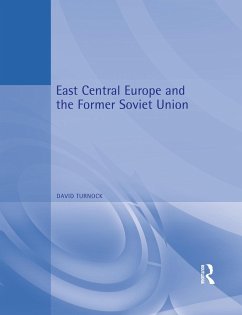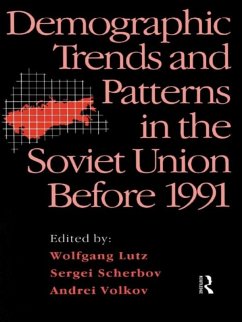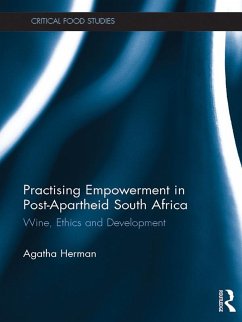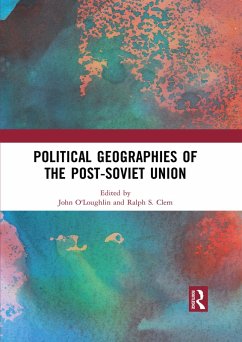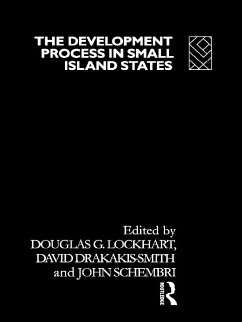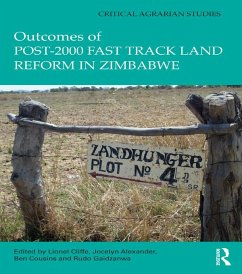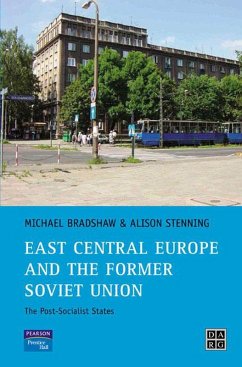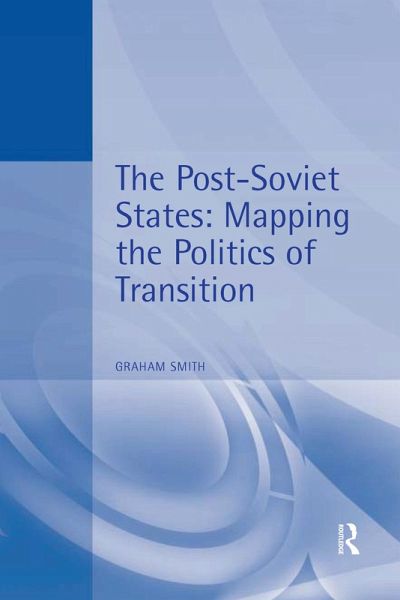
The Post-Soviet States (eBook, ePUB)
Mapping the Politics of Transition
Versandkostenfrei!
Sofort per Download lieferbar
39,95 €
inkl. MwSt.
Weitere Ausgaben:

PAYBACK Punkte
20 °P sammeln!
The collapse of the Soviet Union has engendered one of the most momentous and critical regional transformations of our tiomes through the formation and development of the post-Soviet states. This book explores the politics of post-Soviet transition and the problems which will continue to face these states well into the twenty-first century, as they struggle towards democracy, market reform, ethnic co-existance and integration into a new geoplolitical post-Cold War world order.Richly illustrated with examples drawn from Russian and other post-Soviet primary sources, the author focuses on three ...
The collapse of the Soviet Union has engendered one of the most momentous and critical regional transformations of our tiomes through the formation and development of the post-Soviet states. This book explores the politics of post-Soviet transition and the problems which will continue to face these states well into the twenty-first century, as they struggle towards democracy, market reform, ethnic co-existance and integration into a new geoplolitical post-Cold War world order.
Richly illustrated with examples drawn from Russian and other post-Soviet primary sources, the author focuses on three broad themes of transition. Firstly, the progression from colonialism to post-colonialism and the consquences of such changes on national identity and the redefinition of national homeland. Secondly, the movement away from totalitarian rule and the factors which both facilitate and challenge the prospects of a democratic future. Thirdly, the process of securing a successful place in the global capitalist economy.
Richly illustrated with examples drawn from Russian and other post-Soviet primary sources, the author focuses on three broad themes of transition. Firstly, the progression from colonialism to post-colonialism and the consquences of such changes on national identity and the redefinition of national homeland. Secondly, the movement away from totalitarian rule and the factors which both facilitate and challenge the prospects of a democratic future. Thirdly, the process of securing a successful place in the global capitalist economy.
Dieser Download kann aus rechtlichen Gründen nur mit Rechnungsadresse in A, B, BG, CY, CZ, D, DK, EW, E, FIN, F, GR, HR, H, IRL, I, LT, L, LR, M, NL, PL, P, R, S, SLO, SK ausgeliefert werden.





